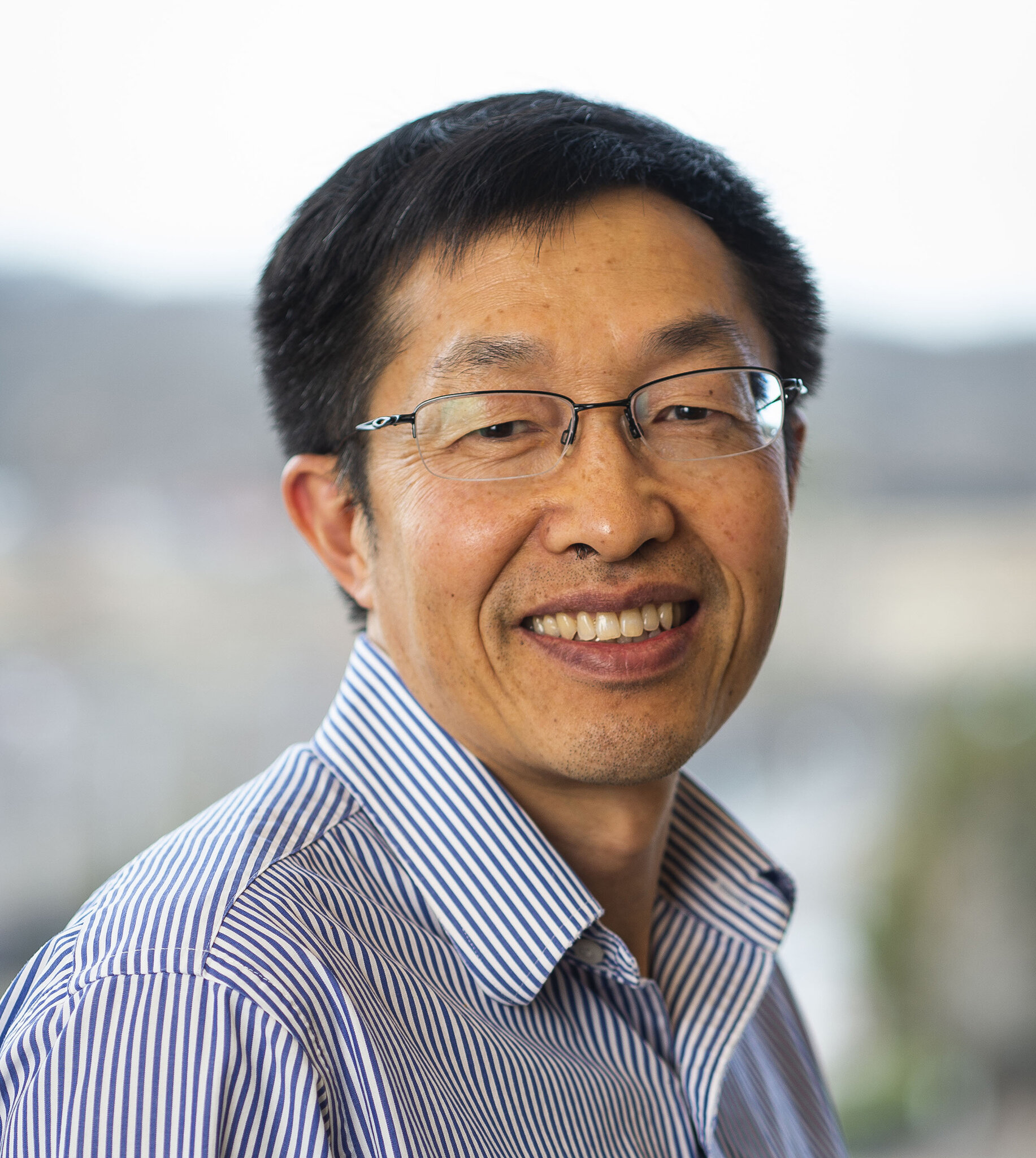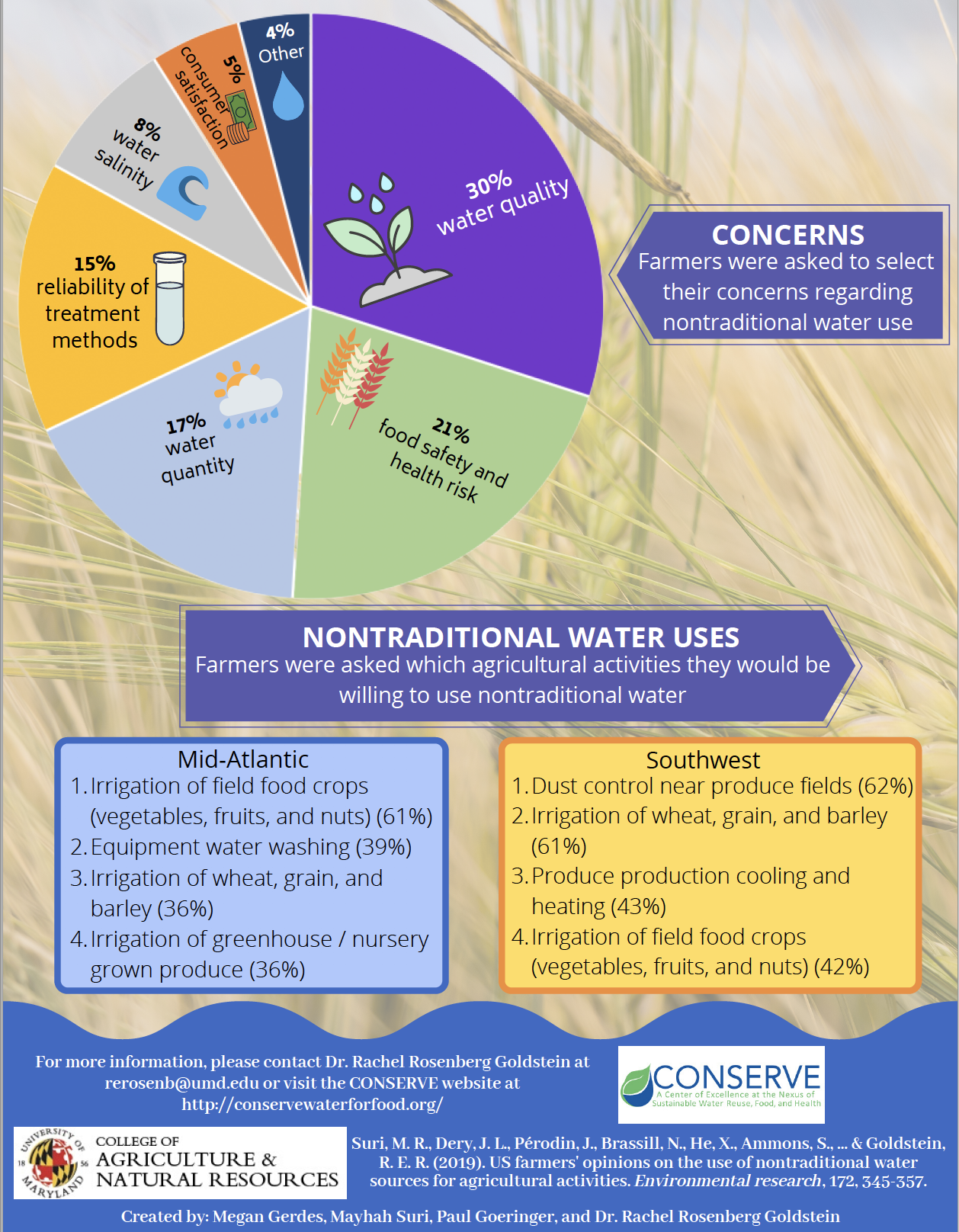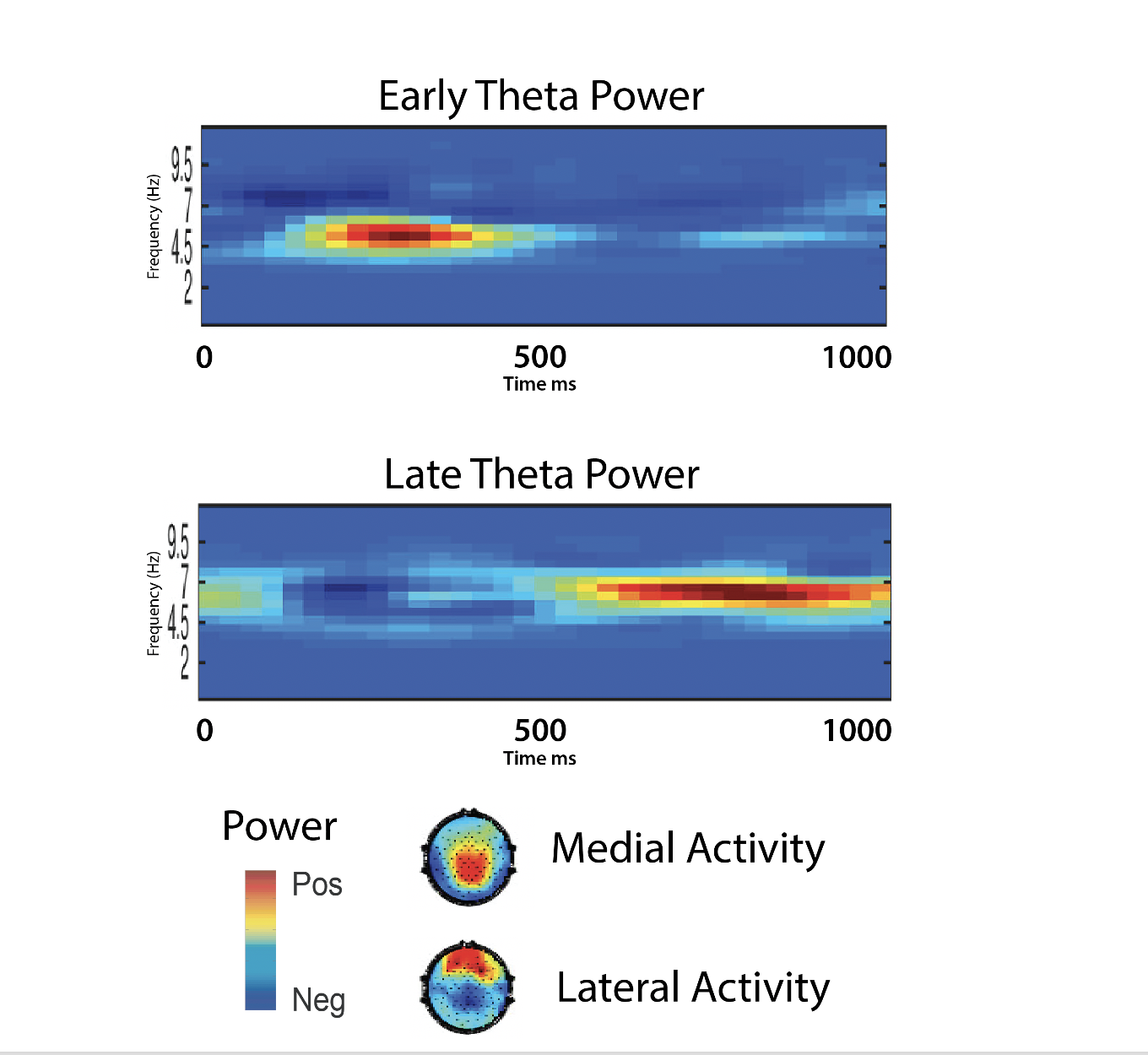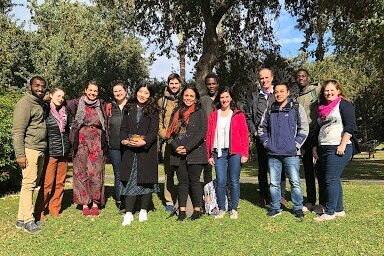Researchers at the University of Maryland (UMD) led by CONSERVE co-PD Paul Goeringer were recently awarded nearly $500K by the United States Department of Agriculture’s Agriculture and Food Research Initiative (AFRI) to lead a new multi-institutional investigation of solar power production on rural or agricultural land. The project aims to produce educational resources for Extension agents and attorneys to help farmers and rural landowners understand drawbacks and benefits of solar power production. Researchers will be surveying rural landowners to really make sure all of their legal concerns, responsibilities for solar panel maintenance, pricing and leasing confusions, and the pros and cons economically and legally are examined across the agricultural sector.
For more information on this new solar energy project, visit: https://agnr.umd.edu/news/umd-researchers-lead-new-multi-institutional-grant-examine-legal-economic-and-policy
Paul Goeringer

















